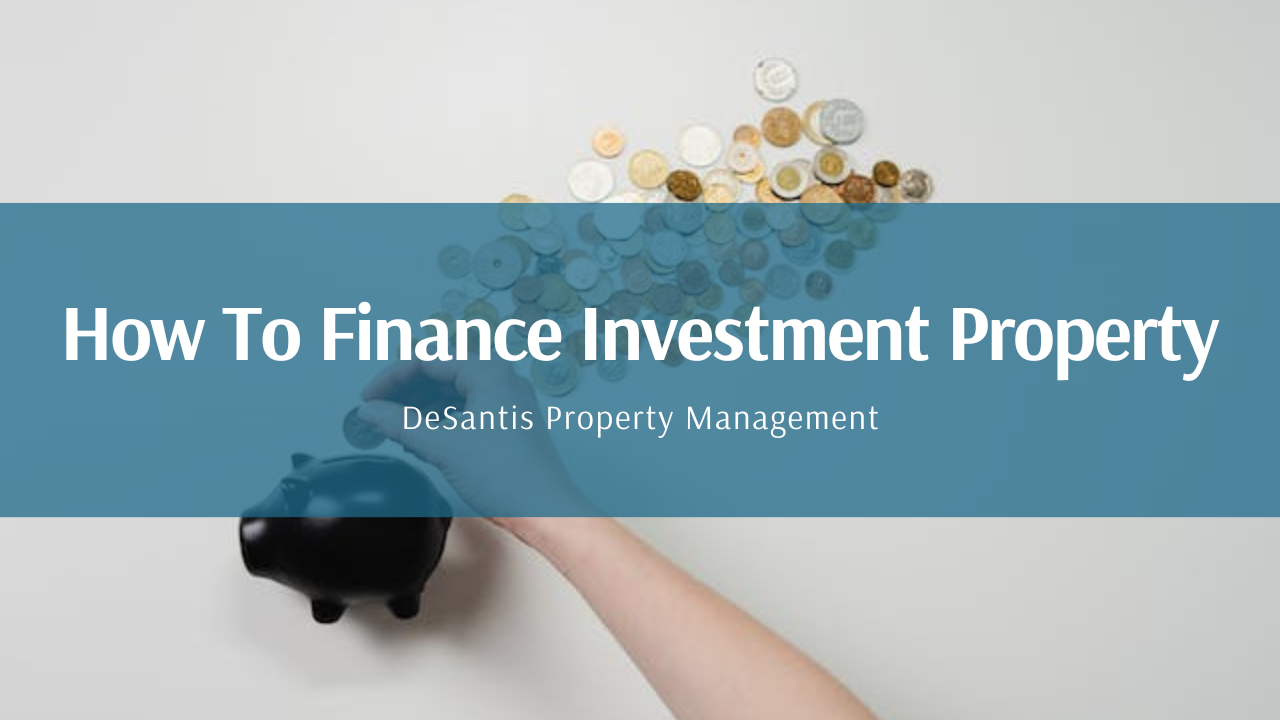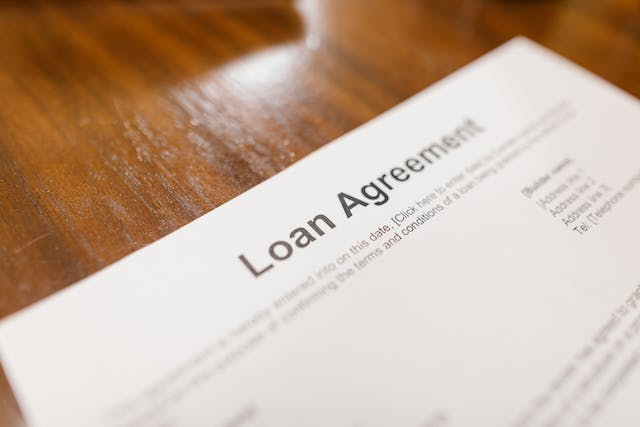 Are you trying to broaden your investment portfolio but aren't sure how to finance your next property? Navigating the financial world can be intimidating, with the right expertise, it can become an exciting path towards success and growth.
This guide is tailored specifically for property owners like you, aiming to demystify the process of securing funds for your next property venture.
From traditional mortgages to creative financing options, we'll explore the most effective strategies to help you achieve your investment goals. Let's dive in and turn your property aspirations into reality!
Are you trying to broaden your investment portfolio but aren't sure how to finance your next property? Navigating the financial world can be intimidating, with the right expertise, it can become an exciting path towards success and growth.
This guide is tailored specifically for property owners like you, aiming to demystify the process of securing funds for your next property venture.
From traditional mortgages to creative financing options, we'll explore the most effective strategies to help you achieve your investment goals. Let's dive in and turn your property aspirations into reality!
Different Ways To Finance Your Investment Property
Let’s take a look at various different ways by which you can finance your investment property.Conventional Bank Loans
Conventional bank loans are a familiar route for many landlords. These loans adhere to standards set by entities and are not backed by the federal government. If you're considering this option, expect to put down around 20-30% of the property's price as a down payment. Your credit score, income, and assets play a significant role in approval and determining your interest rate. Remember, lenders will check your ability to manage both your current mortgage and the new investment property's payments. Typically, lenders don't consider potential rental income and often require borrowers to have a financial cushion, usually six months of mortgage payments, for both properties.
Typically, lenders don't consider potential rental income and often require borrowers to have a financial cushion, usually six months of mortgage payments, for both properties.
Hard Money Loans
Hard money loans are more about the current circumstances than the long term, making them ideal for flipping properties rather than renting. They offer quicker qualification and funding compared to conventional loans, focusing mainly on the property’s potential profitability. The loan amount is based on the estimated value of the property after repairs (ARV). However, these loans come at a higher cost, with steep interest rates and shorter payback periods, often less than a year. They're more expensive in terms of origination fees and closing costs, which could impact your investment returns.Private Money Loans
Private money loans are more personal, typically sourced from friends, family, or acquaintances. These are less formal but should still be secured with a legal contract. The terms and interest rates can vary widely. One key advantage is the potential for more favourable terms due to the personal connection. However, it's important to consider the potential strain on personal relationships if you're unable to meet your repayment obligations. Real estate investment networks can be a good place to look for such lenders if your personal contacts are not an option.
Real estate investment networks can be a good place to look for such lenders if your personal contacts are not an option.
Tapping Home Equity
Leveraging your home equity is another strategy. This can be done through a home equity loan, HELOC (Home Equity Line of Credit), or cash-out refinance, allowing you to use up to 80% of your home's equity. Each option has its advantages and drawbacks. For example, a HELOC works like a credit card against your home equity, often with variable interest rates. A cash-out refinance offers a fixed rate but could extend the term of your primary mortgage. It's crucial to balance the potential long-term costs against the expected returns from the investment property.Essential Requirements for Investment Property Financing Approval
Approval for investment property financing typically involves meeting several key requirements. This criteria can vary depending on the type of loan and the lender, but generally include the following:- Credit Score: A good credit score is essential for securing investment property financing. The exact score required can vary, but generally, a score of 720 or higher is favourable for conventional loans. For other types of loans, the requirements might be more flexible, but a higher score usually results in better interest rates and terms.

- Down Payment: A larger down payment is often required for investment properties compared to primary residences. Typically, lenders require at least 20-30% of the property’s purchase price as a down payment. The exact percentage can vary based on the lender and the type of property.
- Debt-to-Income Ratio (DTI): Lenders will assess your DTI ratio to ensure you can handle the additional loan payments. This ratio compares your total monthly debts to your gross monthly income. For investment properties, a lower DTI is preferred, often below 36-45%.
- Income Verification: Proof of stable and sufficient income is crucial. Lenders will review your income sources to ensure you have the financial capacity to handle the mortgage payments. This includes not just salary, but any other consistent income streams.
- Cash Reserves: Many lenders require potential borrowers to have cash reserves sufficient to cover a few months of mortgage payments, both for their primary residence and the investment property. This requirement is to ensure that you can still make payments in case of rental vacancies or other income disruptions.
- Property Evaluation: For investment properties, lenders will closely evaluate the property itself. This includes an appraisal to determine the property’s value and, in some cases, an inspection to assess its condition. The property’s potential for rental income may also be considered.

- Investment Experience: Some lenders may consider your experience in property management or real estate investing, particularly for more substantial investment properties or commercial real estate.
- Insurance Requirements: Adequate insurance, including property and landlord insurance, will be required to protect the investment.
- Documentation: This includes tax returns, bank statements, investment accounts, and other financial documents, along with any legal paperwork relevant to your financial status or the property.

